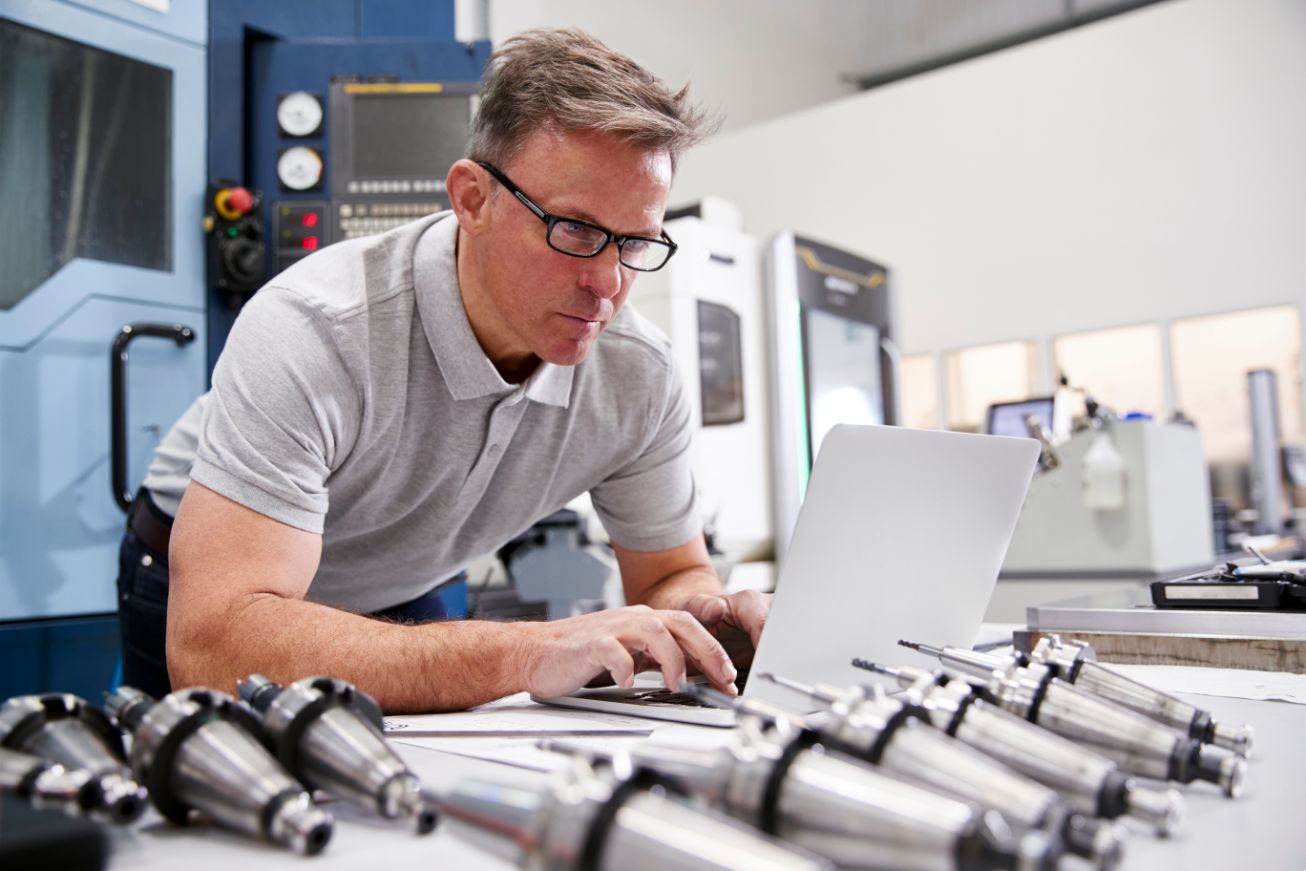
Self-motivated candidates with a hands-on, proactive approach and problem-solving skills are strongly encouraged to apply. Fluent in English (writing, speaking, oral) Basic knowledge and high motivation to learn about computational neuroscience and cognitive science. At least two publications in tier 1 conferences or journals as first author in related topics to computer science and cognitive computational neuroscience. Knowledge of high-performance distributed computing with GPUs. Excellent programming skills in python, and extensive experience in Tensorflow, pyTorch or related libraries. Strong knowledge in machine learning (deep learning, RNN, LSTMs, supervised learning, self-supervised learning, etc.) PhD in Computer Science, applied mathematics, computational neuroscience related fields. The outcome of the research pursued is expected to be published in top tier conferences and journals. Possibility to record new brain data (fMRI, EEG) Linking AI models to brain data, including functional MRI (3T, 7T), MEG and EEG, and behavior Developing cutting-edge research work on computational models of human visual cognition and artificial intelligence. There is no obligation to teach but there is the opportunity to give courses an BSc/MSc level if desired. The duration of the position is for about 2 years, starting as soon as possible. The postdoc will also be encouraged to interact and participate in projects with other members of both labs, including the Algonauts project together with MIT, as well as to supervise students. This can include computational and/or experimental work in humans. The successful candidate will have the opportunity to develop and contribute their own novel ideas to bring together artificial and biological systems in an innovative manner. The topic of research of the position is open. NatHumanBehav 2021, etc.), as well as the Algonauts project in collaboration with MIT. ECCV19, PLoSCompBiol 2020, Graumann et al. This has also resulted in several joint publications in both AI and bio venues (e.g. We have established a long-lasting and successful collaborative effort enabling flow and exchange of ideas between both our labs with the goal of combining knowledge from the two domains, in an inspiring, inclusive, diverse and multidisciplinary environment. Radoslaw Cichy (focus: biological vision) from the Freie-Universität Berlin. Gemma Roig (focus: computer vision) from Goethe University Frankfurt and Prof.

The successful candidate will work together with Prof. We solicit applications for a postdoc opening to work at the intersection of artificial and biological vision. Team player with good communication skillsĪttentive to detail and strive for engineering excellence. Solid programming and proficient in C++ and/or Python. Solid experience in machine learning libraries such as Tensorflow, Pytorch object detection, semantic segmentation, 3D analysis) Solid experience in computer vision (e.g. An equivalent amount of experience is also welcome This role reports to the Head of Machine Learning, and will work closely with CEO and CTO.Ī BS or MS in CS or related technical field.

Motion2AI is looking for a world-class Computer Vision Engineer who will be responsible for innovating and building perception algorithms and pipelines using massive sensor and logistics data acquired from the real-world environments.

Our advisors come from the top-tier logistics companies such as UPS and DHL. Our team has decades of experience from places like Google, Naver, Zippy (Acquired by Cruise), DAQRI, and CJ Logistics. The ecosystem supports manned labor and robots seamlessly, providing practical and scalable solutions for warehouse operations. Motion2AI is a fast-growing startup that offers AI platforms for warehouse fleets by providing services of safety, monitoring, optimization, and autonomy.


 0 kommentar(er)
0 kommentar(er)
